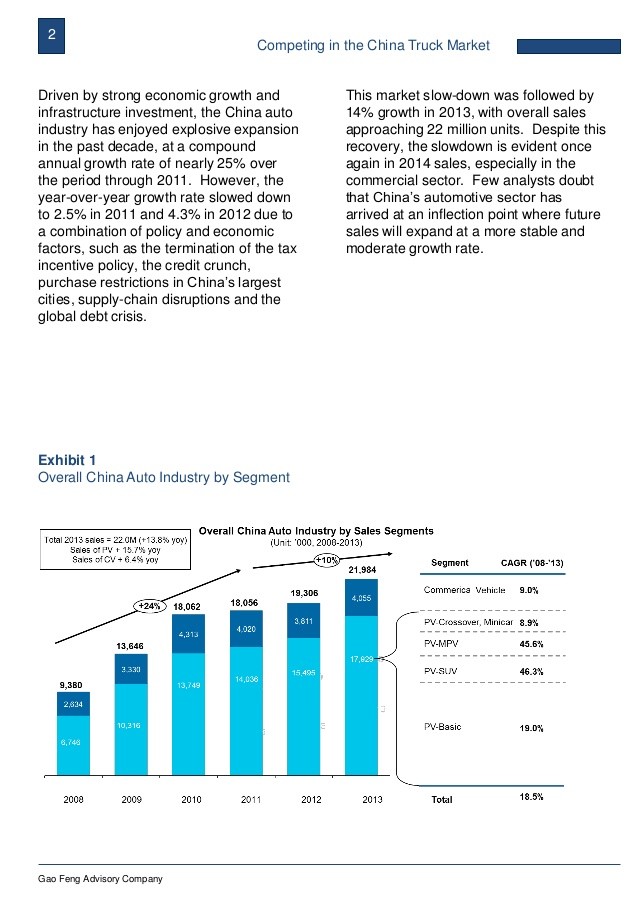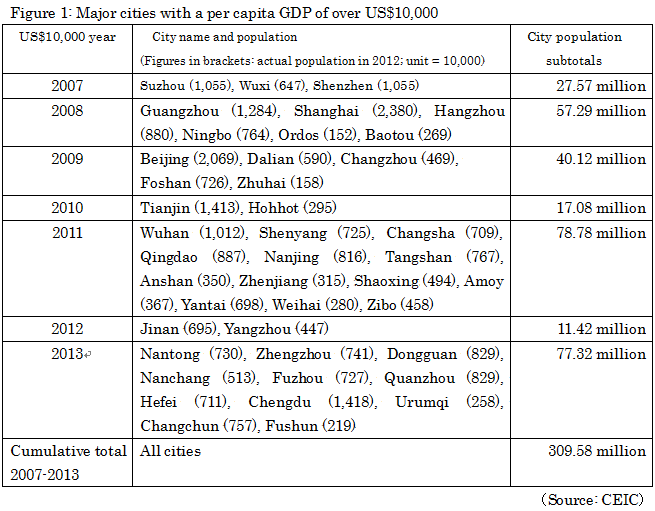Chinese Companies Expand to and Markets
Post on: 16 Октябрь, 2015 No Comment

On a spotless factory floor, workers wearing hair nets snap together metal frames, cables, and photovoltaic cells to produce metallic-blue solar panels. This sort of work could be done just about anywhere, yet China’s Suntech Power Holdings (STP ) as of October has been making the panels in a 117,000-square-foot plant in the Arizona desert. The sand-colored factory, about 20 miles west of Phoenix in the town of Goodyear, brings the company closer to its American customers and into compliance with Buy American requirements in some government contracts. The strategy seems to be working: Suntech plans to double its 75-person payroll by the end of next year.
For 20 years, U.S. manufacturers have decamped to China in search of cheaper labor and parts. Now Chinese companies increasingly are setting up shop in the U.S. to escape trade barriers, capitalize on the U.S. government’s alternative energy push, and learn lessons that could help them in their home market. It’s a little unusual to see it coming the other way, says Wei Tai Kwok, Suntech’s vice-president for marketing.
Through September, Chinese companies invested $2.81 billion in U.S. projects or acquisitions, vs. $1.73 billion in all of 2009, according to Rhodium Group, an economic research firm in New York. It’s no longer just state enterprises buying up natural resources to fuel China’s ravenous industries. Now the Chinese are investing more broadly in retail, utilities, and especially new manufacturing, says Thilo Hanemann, Rhodium’s research director.
The Chinese government encourages the westward expansion. After President Hu Jintao completes his Jan. 19 trip to Washington, he may visit a Chinese-owned company with American workers, possibly Wanxiang America (000559:CH ), an Elgin, Ill. auto parts company, say two business officials involved in the planning.
With unemployment hovering near 10 percent, U.S. officials have put aside concerns about unfair Chinese competition. Chinese companies, thanks to government-backed loans, monopolies, and preferential treatment, are awash in cash and should be a source for investment in the U.S. economy—investment that would help maintain and create jobs in the U.S., wrote Jon Huntsman, U.S. ambassador to Beijing, in a diplomatic cable on Jan. 28, disclosed recently by WikiLeaks.
The red carpet treatment marks a sharp turnaround from 2005, when a Chinese state-owned oil company’s $18 billion bid for Unocal was withdrawn after some U.S. lawmakers threatened to block Chinese acquisitions of strategically valuable U.S. assets. While some deals, such as a planned $200 million Chinese investment in a Mississippi steel mill, are still triggering opposition, dozens of others are proceeding. Near Corpus Christi, Tex. state-owned Tianjin Pipe next year plans to build a $1 billion steel pipe mill that will employ 500 to 600 people and circumvent 63 percent U.S. tariffs. On Nov. 30, Pacific Century Motors, formed by an affiliate of Beijing’s municipal government, acquired General Motors’ (GM ) Saginaw (Mich.)-based Nexteer Automotive, which makes steering and driveline systems and employs more than 3,600 workers.
China absorbed $7 of outside investment for every $1 it sent to other countries as recently as 2005, according to the International Monetary Fund. Next year the IMF expects Chinese outward investment to exceed the incoming flow for the first time. The yuan’s slow but steady rise could be a further spur, making U.S. assets more affordable to Chinese buyers. The currency, up 2.5 percent against the dollar since mid-June, remains at least 25 percent undervalued, says the nonpartisan Peterson Institute for International Economics. The yuan is going to continue to rise, says Donald Straszheim, senior managing director for ISI Group in the investment management firm’s Los Angeles office.
For Suntech, the world’s largest producer of solar panels, with headquarters in Wuxi, about 85 miles west of Shanghai, a U.S. assembly line brings big savings on shipping costs and a foothold in a growing market. The company says it received a $2.1 million manufacturing tax credit through the economic stimulus package on an investment of about $10 million and also became eligible to supply solar panels to installers that win government contracts with Buy American clauses. Camp Lejeune, a U.S. Marine Corps base in North Carolina, now has one such job out for bid.

Barry Broome, chief executive officer of the Greater Phoenix Economic Council, spent more than two years courting Suntech Chairman Shi Zhengrong, ultimately selling Shi on his vision of Phoenix as the world’s solar capital. Goodyear officials chipped in three months of office space in city hall for a nominal $10 fee. The vice-mayor even baked a chocolate cake for Martin Guo, the plant’s general manager. Broome now hopes to attract the company’s suppliers. Trading with China isn’t as controversial in Arizona as it is in Rust Belt states that have bled manufacturing jobs. The Tiananmen Square hurdle? You don’t have that here, he says. More than 1,000 people, including numerous victims of Arizona’s housing implosion, turned up at a recent Suntech job fair.
Resurgent Republicans may put the brakes on the Obama Administration’s green energy plans, slowing sales of solar panels. Still, 29 states mandate that utilities use renewable sources, says analyst Mark Bachman of Auriga Securities in New York, which has a buy rating on Suntech. Arizona utilities, for example, must derive 15 percent of their energy output from renewable sources by 2025. All eyes are on the U.S. market at this moment, says Shi. We have very high expectations and we do believe the U.S. market will grow substantially.
Suntech is using more advanced manufacturing equipment in its Goodyear plant than in Wuxi, allowing 30 Arizonans to produce the same number of solar modules as 100 Chinese. (U.S. production costs are still about 10 percent higher.) If it works very well, we can integrate the same manufacturing technology in China, Guo says. This would help Suntech China make [a] manpower reduction. Jobs for Americans and pink slips for the Chinese—just one more turnabout in the U.S.-China relationship.
The bottom line: Chinese companies are investing in the U.S. to bypass trade barriers and take advantage of government clean energy goals.
Lynch is a reporter for Bloomberg News in Washington.














